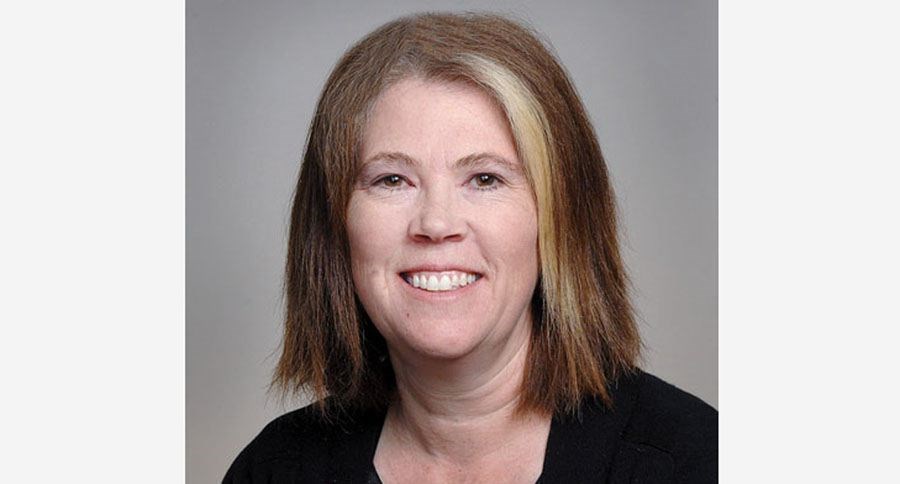Every year I look forward to the Kennedy Center Honors the way that most people anticipate the last game of the Stanley Cup finals. The KCHs celebrate the very best of the arts in the world (but mostly American achievements). The show is dazzling because each honoree is given a tribute befitting their individual excellence and thus the honorees are honoured by those who themselves demonstrate such magnificent talent that the honoree is usually left breathless or speechless or both.
This year, I was particularly struck by the first few minutes of the show when the unmistakable voice of John F. Kennedy was heard speaking the lines of one of his famous speeches. The producers had paraphrased the speech but because I caught the show on my PVR I was able to transcribe the beautiful and powerful words. He said, I look forward to an America which will not be afraid of grace and beauty. I look forward to an America which will reward achievement in the arts as we reward achievement in business or statecraft. I see little of more importance to the future of our country and our civilization than full recognition of the place of the artist. And I am certain that after the dust of centuries has passed over our cities we too will be remembered not for victories or defeats in battle, or in politics, but for our contribution to the human spirit.
Now, without doubt, this weeks column speaks to my sensibilities and my passions that go beyond strict political analysis. I have shared the joy of the arts in this community as both a participant and an audience member. There are so many (too many) to mention. I have heard the voice of Melanie Nicol soar through many stellar performances. I have seen a Judy Russell production bring an audience to its feet. I was a voice in Lyn Vernons production of Hansel and Gretel and a cast member in Bonnie Leachs production of Miss Saigon. I remember vividly hearing an audience member shriek no as Kim took her life in the final moments of the show. I have watched from afar as Jeremy Stewart dreamed of his Dreamland studio and of the idea of late night jam sessions. And I have known Jim Brinkmans love for words and music fill a caf and art space with aural pleasures for anyone willing to drop by.
But I have also thought about the arts and its connection to politics. In liberal democracies the arts are often bundled into discussions about freedom of expression. It is true that arts require this right. But I think there is more to the discussion about the arts and politics that needs to be highlighted. Kennedy knew that what would endure about the American dream would be the way that freedom would inspire the poet, the artist, the singer, the dancer, and all of those engaged in making art, to tell the story of human will, ingenuity, love, hate and triumph. These individuals, these artists, are the bedrock of a nations prescience about how we should live together.
I know this is true because nations that fear creativity fear it more than any form of political protest. They fear it so deeply that they control it with an iron fist and, worse, they only allow art to create an image of the state that is sanctioned and they even re-write history. Socialist realism, for example, made the peasant look strong and vital and made the worker look heroic. Nothing about the art was real: the peasant was starving and the worker laboured in terrible conditions.
I think it is very telling that the worlds first (supposed) cyberwar was fought through Sony. Whatever the level of the artistic contribution that The Interview might make, this movie exists among a much larger body of work that has given us pause to think. In the safe space of an artists world we have been able to face questions that are otherwise politically and socially complex. Nations that fear creativity do so because creativity is at the heart of these important questions: why do we love... why do we hate...and what will make us better people? We need the artist to show us that there are other ways to live and to dream.



